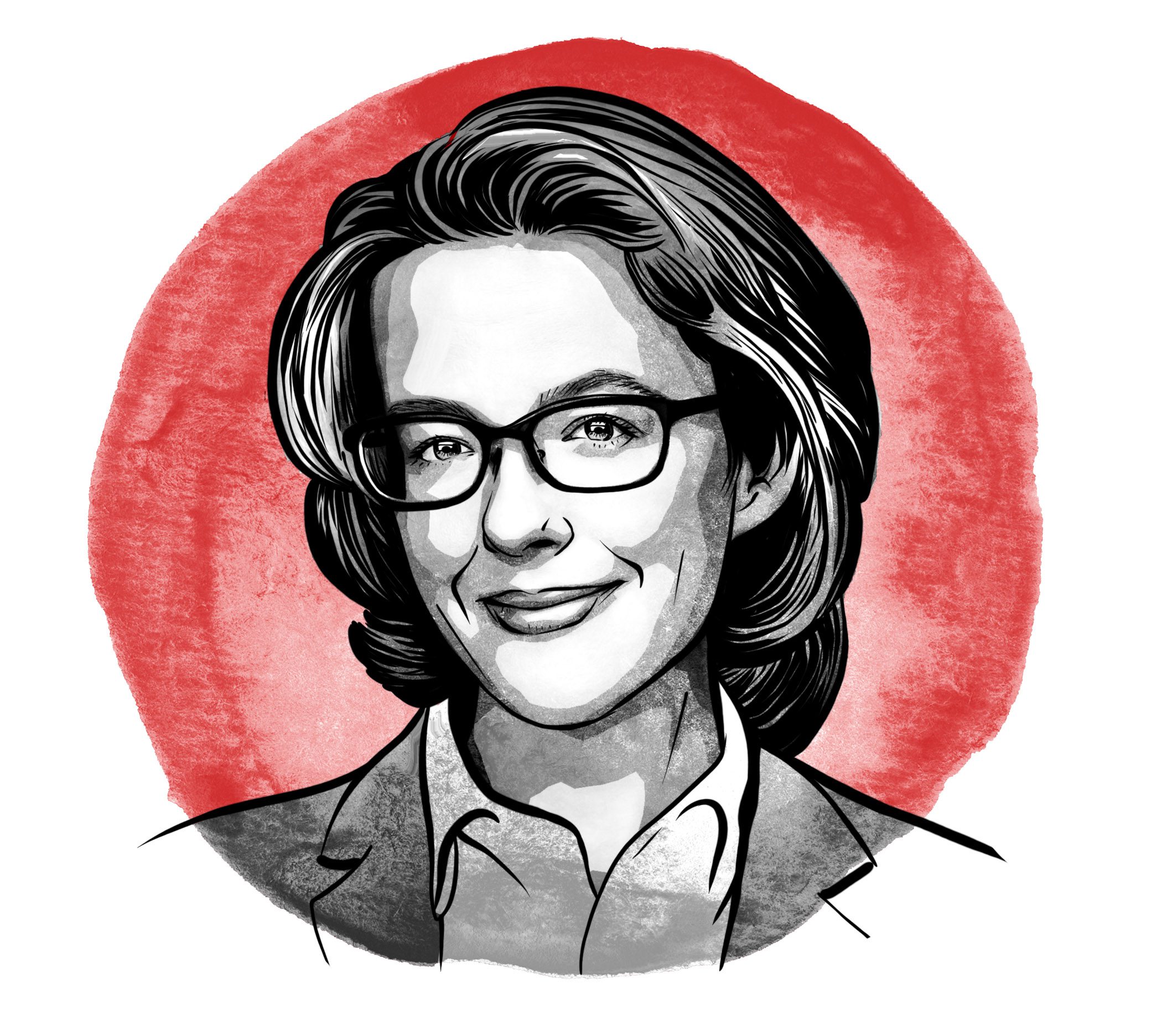A Nigerian senator’s arrest marks the spread of a common Third World crime into new territory.
Nigerian Senate president Bukola Saraki (R) and his deputy Ike Ekweremadu (L) leave the courtroom after being charged with falsifying parliamentary rules to get elected in Abuja, on June 27, 2016. (Philip Ojisua/AFP via Getty Images)
The only surprising thing about the arrest of Ike Ekweremadu and his wife Beatrice Nwanneka Ekweremadu for organ trafficking last week was that it took place in London. Ekweremadu, a Nigerian senator first elected in 2003, has been charged with bringing a 15-year-old boy from Lagos into Britain with the intention of harvesting his kidney for transplant.
Organ trafficking is well established in the Third World. It generally takes place along the same routes as other kinds of trafficking, such as labor, drugs, and prostitution, facilitated by the same criminal gangs. But its typical hubs are not European capitals. The donors usually come from impoverished places like Moldova, Sudan, or the slums of Brazil. The customers come from the First World or the Middle East. They meet in in-between places like Israel, Egypt, and India, where the hospitals are high quality but the legal enforcement is relaxed. That’s why it’s called medical tourism—you go somewhere else for it.
According to the Times, this will be the first organ harvesting prosecution to take place in an English court.
Nigeria has a history of bringing the frontiers of human trafficking to London. Last year, the Metropolitan Police appealed to the public for help in identifying the headless, limbless torso of a Nigerian boy found floating in the Thames. Its condition suggested that the body was used for a magic ritual, a practice that the U.N. warns is spreading to the U.K.
In 2008, the British public was given the chance to learn about Nigerian “baby farms” when a woman named Peace Sandberg was found guilty of smuggling a baby she purchased for £150 in her native Nigeria into the U.K. in order to qualify for public housing. Baby farms are periodically raided in Nigeria without any permanent effect on the child-selling industry, which persists due to demand for domestic slave labor and from childless couples.
So the idea that a prominent Nigerian politician would buy a kidney on the black market is not shocking. The question is why Ekweremadu chose to attempt his illicit organ transaction in London. Reports say that he did it for his daughter, recently graduated from an English university, who is suffering from kidney disease. Photos of the daughter suggest she may be a user of skin bleaching creams popular in West Africa, which often contain toxic ingredients such as mercury that can cause kidney failure.
The donor was “homeless on the streets of Lagos,” according to the prosecutor at the couple’s arraignment. The conspiracy unraveled when a hospital worker noticed that the teenage donor’s fake passport listed his age as 41. If Ekweremadu had brought his daughter to Nigeria, instead of bringing the donor to England, he never would have been caught. Why take the risk of coming to London?
The simplest answer is that he assumed he could get away with it. London had already tolerated, with butler-like equanimity, his property binge, in which he bought up £4.2 million worth, including a luxury flat in central London, in the name of his charitable foundation or a shell company registered in the Virgin Islands. This was on top of the eight properties worth over $7 million that he owns in Dubai.
Ten days before his arrest, Ekweremadu was awarded a visiting professorship at the University of Lincoln. “It was a pleasure and an honour to receive a letter of appointment by the University of Lincoln, UK,” he tweeted. “I also got a highly treasured gift—a copy of the Magna Carta. It was created in 1215, about 807 years ago.”
The school has since backed away from the appointment and banned Ekweremadu from performing any work on campus while the charges are pending. But the university knew when it appointed him that Ekweremadu’s vast wealth came from his position of power in a country where corruption is pervasive. There is a reason the term “kleptocracy” was first invented in the 1960s to apply to Nigeria. It is a bit rich to feign shock that this particular professor might engage in corrupt behavior.
Ekweremadu’s official title was “Visiting Professor of Corporate and International Linkages.” That euphemism captures perfectly the sanitized version of globalization that residents of the First World were sold. It seems Ekweremadu had a much clearer idea than his hosts of what “corporate and international linkages” globalization really entails. It was inevitable that a country that imported hundreds of thousands of Nigerian migrants and enabled the financial depredations of Nigerian kleptocrats would eventually come to import other forms of corruption from that part of the world as well.
about the author

Helen Andrews is a senior editor at The American Conservative, and the author of BOOMERS: The Men and Women Who Promised Freedom and Delivered Disaster (Sentinel, January 2021). She has worked at the Washington Examiner and National Review, and as a think tank researcher at the Centre for Independent Studies in Sydney, Australia. She holds a Bachelor of Arts in Religious Studies from Yale University. Her work has appeared in The New York Times, The Wall Street Journal, First Things, The Claremont Review of Books, Hedgehog Review, and many others. You can follow her on Twitter at @herandrews.

